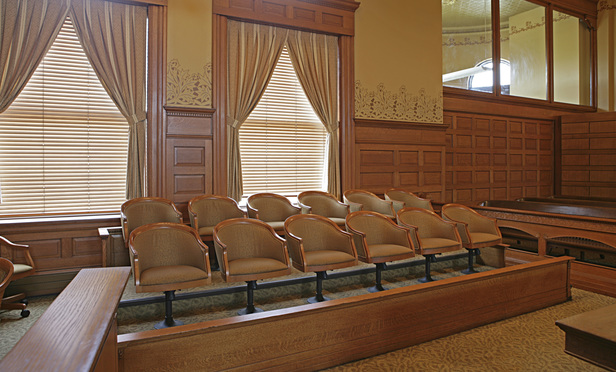The fourth episode of Bull sees our protagonist and his team defend a woman accused of patent infringement. The woman previously worked for a prescription company, but split off to independently develop an incredibly successful drug to treat people suffering from Hemophilia. The company claims that the new drug is obvious in light of their patent and brings the case in a fictionalized backwater town located in the Eastern District of Texas. Dr. Bull thinks the young woman is a medical hero and decides to take the case, fully aware of the difficulties of litigating a patent dispute to a jury.
The role of juries in patent cases is complicated, to say the least. To be sure, the United States is the only country in the world that uses layman to review government issued patents. It is also the only area of our law in which a jury may revoke the results of an administrative proceeding. Why, then, does America use juries decide patent disputes? The answer is not as easy as the Seventh Amendment demands it. That provision requires only that “the right of trial by jury shall be preserved.” In 18th Century England, a jury’s determination on the issue of patent validity bound only the immediate parties before the court; it had no effect on the government granted property right. Some scholars therefore submit that there is no Seventh Amendment right to a jury in a patent dispute.
This content has been archived. It is available through our partners, LexisNexis® and Bloomberg Law.
To view this content, please continue to their sites.
Not a Lexis Subscriber?
Subscribe Now
Not a Bloomberg Law Subscriber?
Subscribe Now
LexisNexis® and Bloomberg Law are third party online distributors of the broad collection of current and archived versions of ALM's legal news publications. LexisNexis® and Bloomberg Law customers are able to access and use ALM's content, including content from the National Law Journal, The American Lawyer, Legaltech News, The New York Law Journal, and Corporate Counsel, as well as other sources of legal information.
For questions call 1-877-256-2472 or contact us at [email protected]



